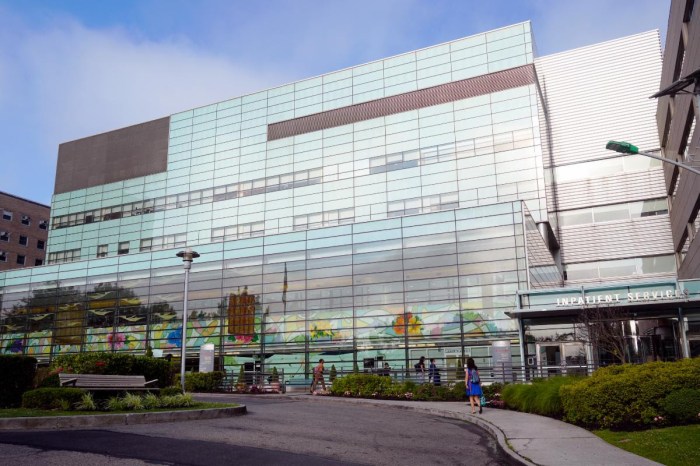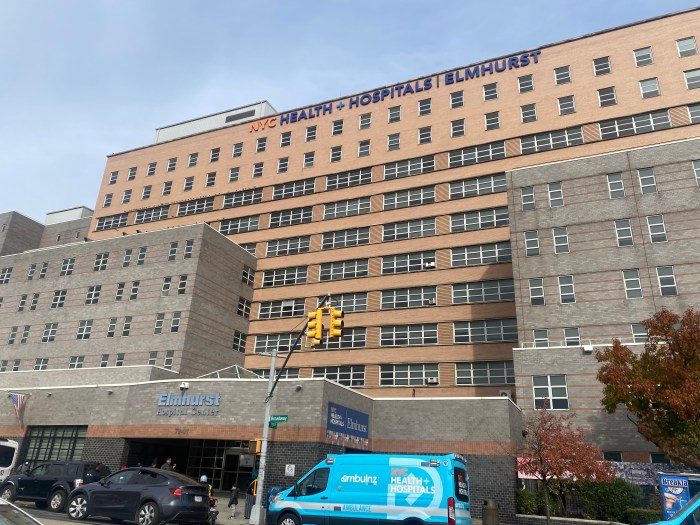Currently, a “residency bottleneck” exists.
More and more students are enrolling in medical school and graduating, yet the number of residency slots available is capped. Medical school graduates need these slots to complete their training and become licensed physicians.
But Congress, which controls funding for most residency programs, has frozen the number of subsidized spots since 1997. If we do not want med school grads to be left out and if we want to address the physician shortage, we need to fix this problem.
U.S. Rep. Joe Crowley (D-Jackson Heights) supports legislation that would expand the current cap on the number of Medicare-funded training slots for doctors. The Resident Physician Shortage Reduction Act, backed by 100 bipartisan members, would increase the number of residency positions nationwide by 15,000 over five years — a 15 percent increase from the number of spots open in 2013.
In New York, it would provide enough funding for the state to train an estimated 500 additional residents annually. This is increasing the number of doctors we need in the workforce.
But this is only one step toward addressing the problem of physician shortage. This legislation falls short of addressing other problems, such as the shortage of primary care physicians. The Association of American Medical College projects that by 2020 there will be a shortage of 45,000 PCPs. Today, only 30 percent of all physicians practice primary care.
Not many medical students are choosing to go into primary care because of low compensation compared to specialty care. If we are to endorse raising the caps of residency slots, we need to make sure the absolute numbers of PCP vs. specialist slots are close to even.
There needs to be incentives in place to push more medical centers and training hospitals to invest in primary physician care and PCP residency slots.
We have an impending crisis on our hands. The demand for physicians is expected to increase, especially with the passage of the U.S. Patient Protection and Affordable Care Act, adding 32 million Americans who will become newly insured and eligible for Medicare.
Lifting the cap on Medicare-funded residency slots is a good start to dealing with these problems, but more must be done.
Katrina Abe
Sunnyside



































